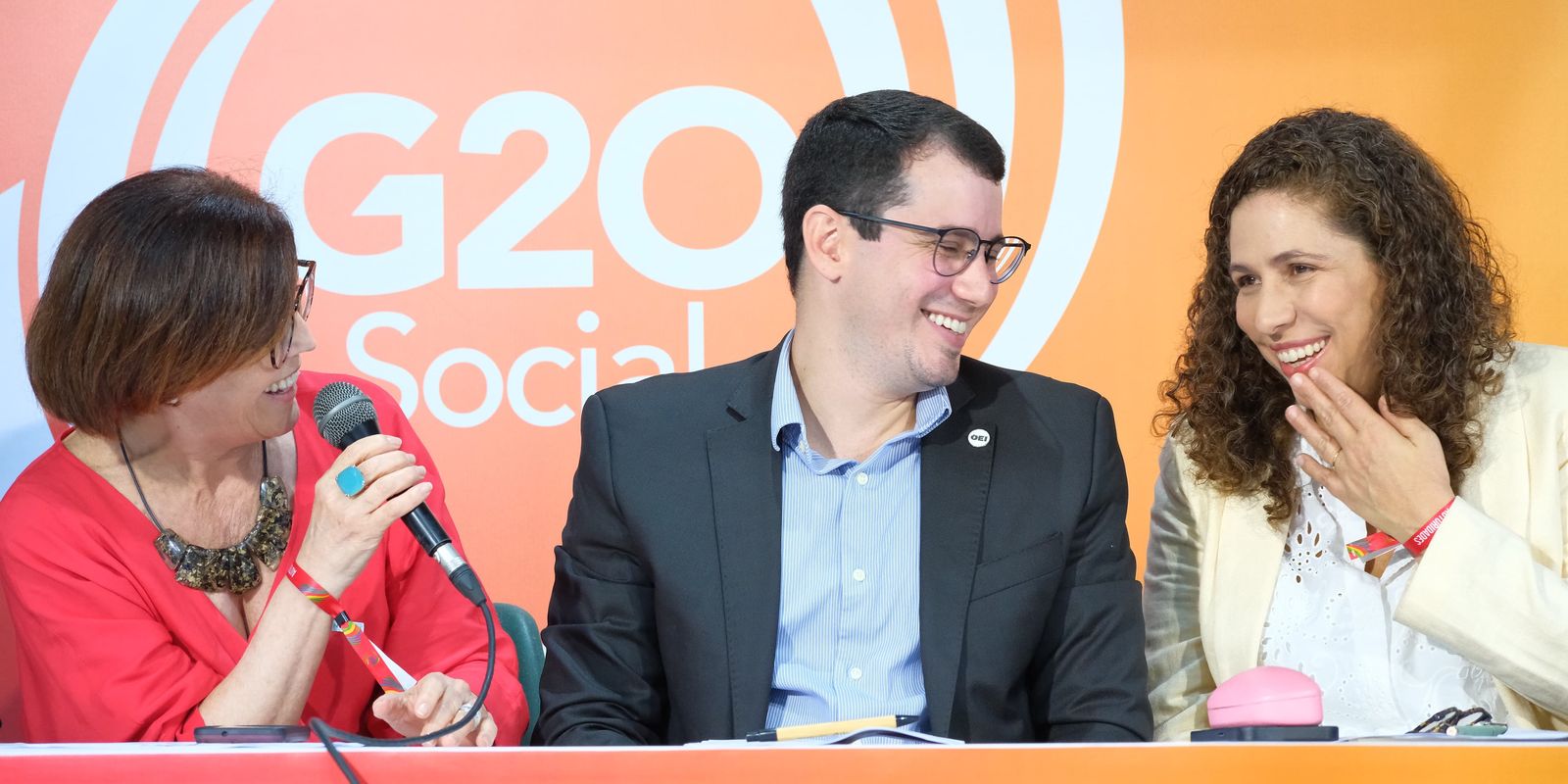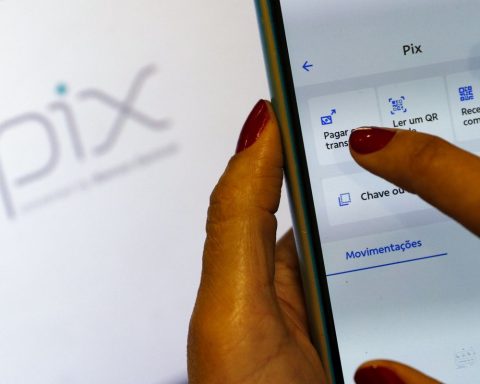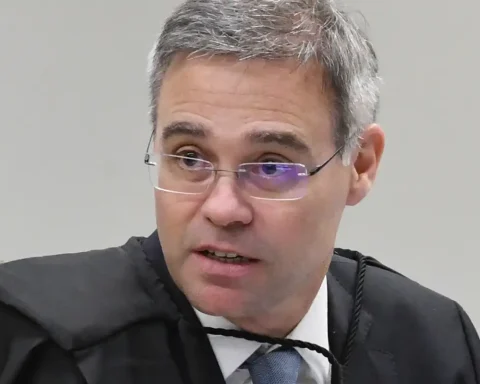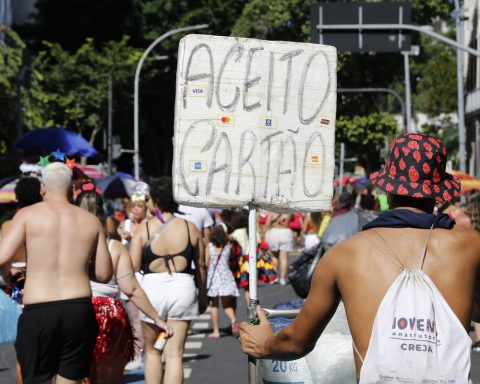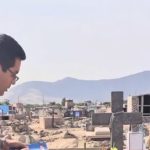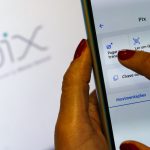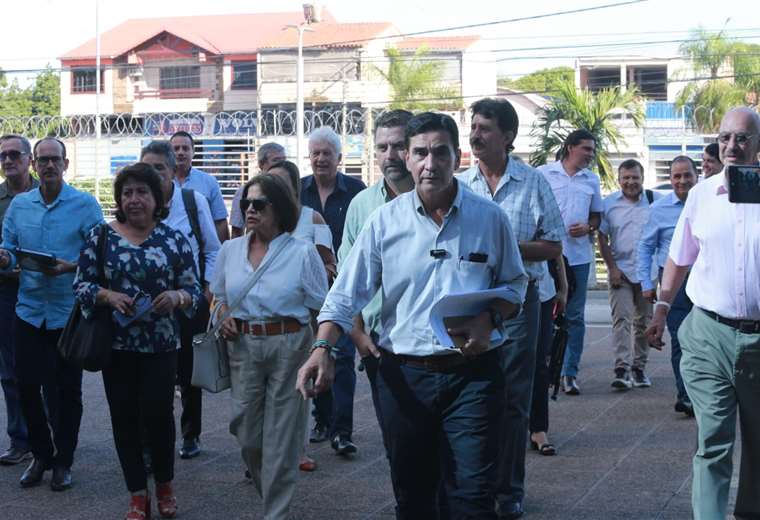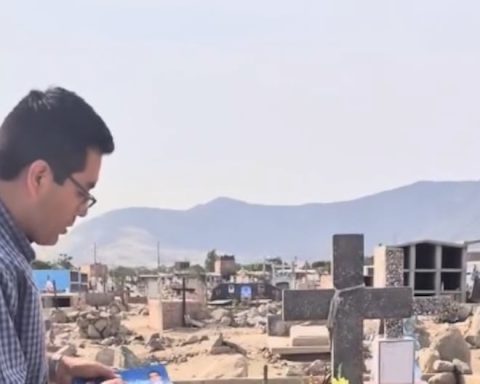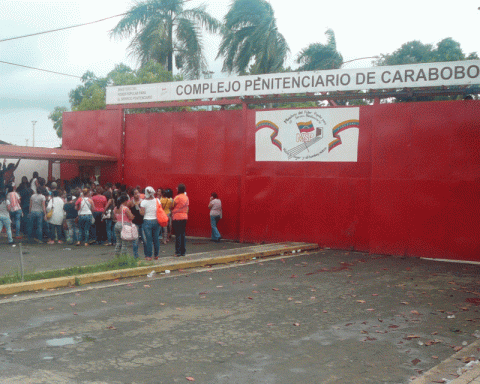Five state-owned companies of importance in the Brazilian economy – Petrobras, Banco do Brasil, Caixa Econômica, BNDES and Itaipu Binacional – handed over this Friday (15), in Rio de Janeiro, to the Minister of Management and Innovation in Public Services, Esther Dweck , a letter with 32 proposals for the heads of state that make up the G20 to advance on issues such as the energy transition, global governance reform and the fight against poverty and hunger.
The letter will be part of the G20 Social Declaration, which will be delivered to President Luiz Inácio Lula da Silva at the closing of the forum, parallel to the G20, this Saturday (16). The proposals are divided into three main axes: global governance reform; sustainability, climate change and just transition; and combating hunger, poverty and inequality.
The objective of the five leading companies in strategic sectors in Brazil is to contribute to the effective fulfillment of the global sustainable development agenda.
“We believe that the coordinated action of public companies and mixed-economy companies can be a driving force behind a fair transition, which fosters a regenerative and equitable economy and which positively impacts the population, cities and Brazilian production chains towards a low-carbon economy”, says the text.
Impact
The document also reaffirms the joint goal of positively impacting Brazilian society, contributing, within the limits of its actions, to expanding the population’s access to public policies and overcoming poverty and inequalities.
The importance of exchanging knowledge between countries that face similar challenges and share the same geographic and climate reality is also reinforced in the letter, as are discussions for climate justice and the diversity of peoples.
“It is urgent for climate justice and to bring together such different global realities that multilateral organizations reflect the diversity of peoples that inhabit the planet so that the real impact of conflicts and climate effects on people’s lives is understood. It is urgent that we act intentionally to promote Diversity, Equity and Inclusion practices, placing women, people of African descent, indigenous peoples, people with disabilities and the LGBTQIAPN+ population at the center of the construction of strategies” (Lesbians, Gays, Bisexuals , Transgender, Queer, Intersex, Asexual, Pansexual, Non-binary, Other Identities), state companies defend.
